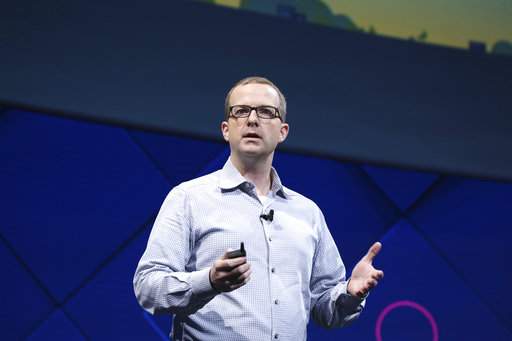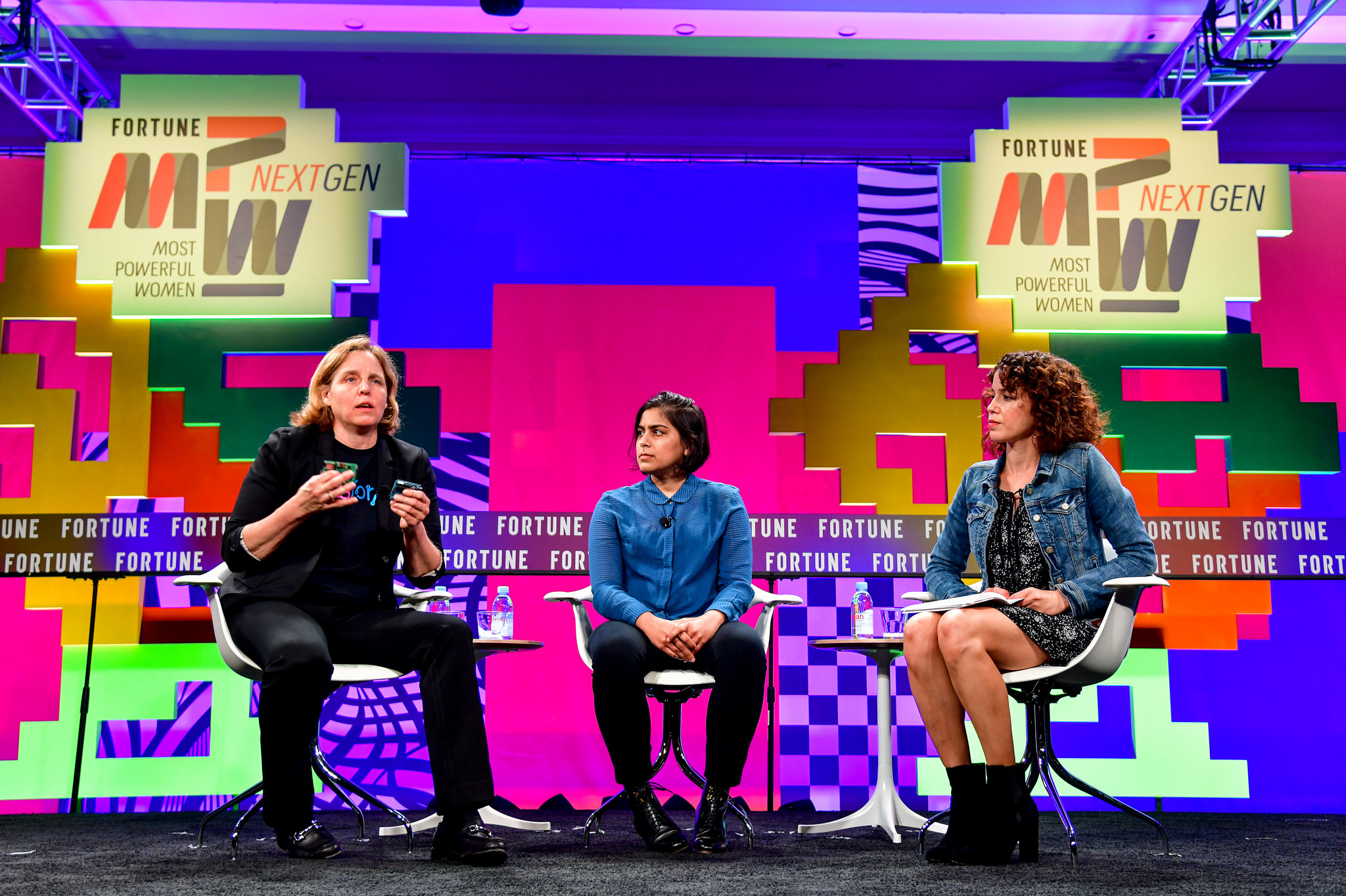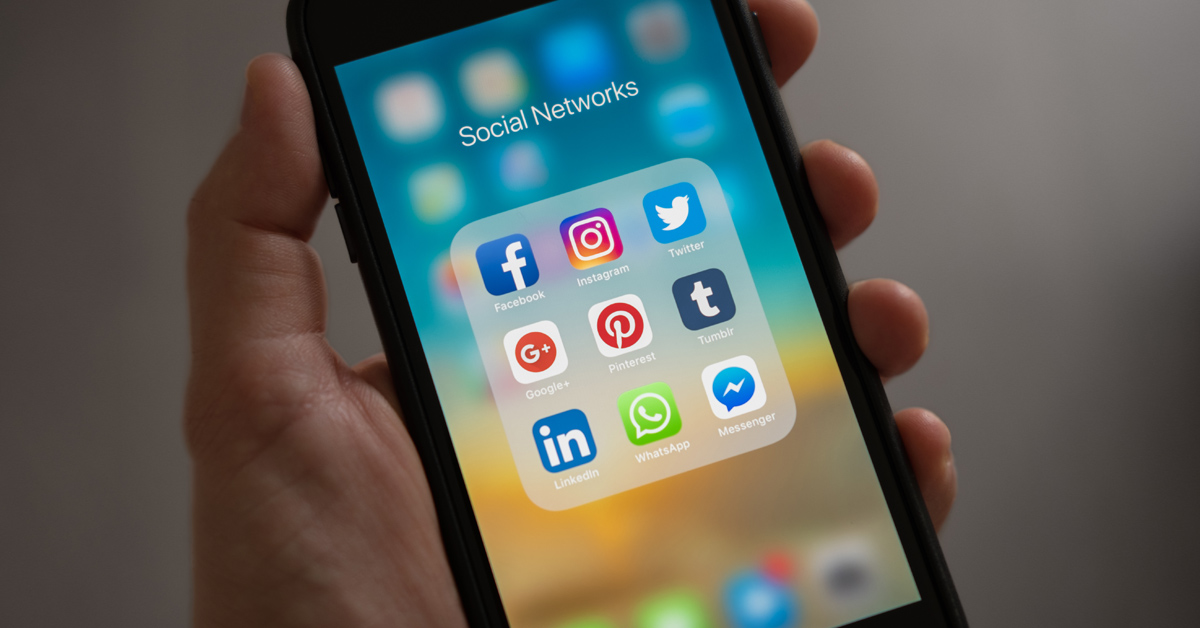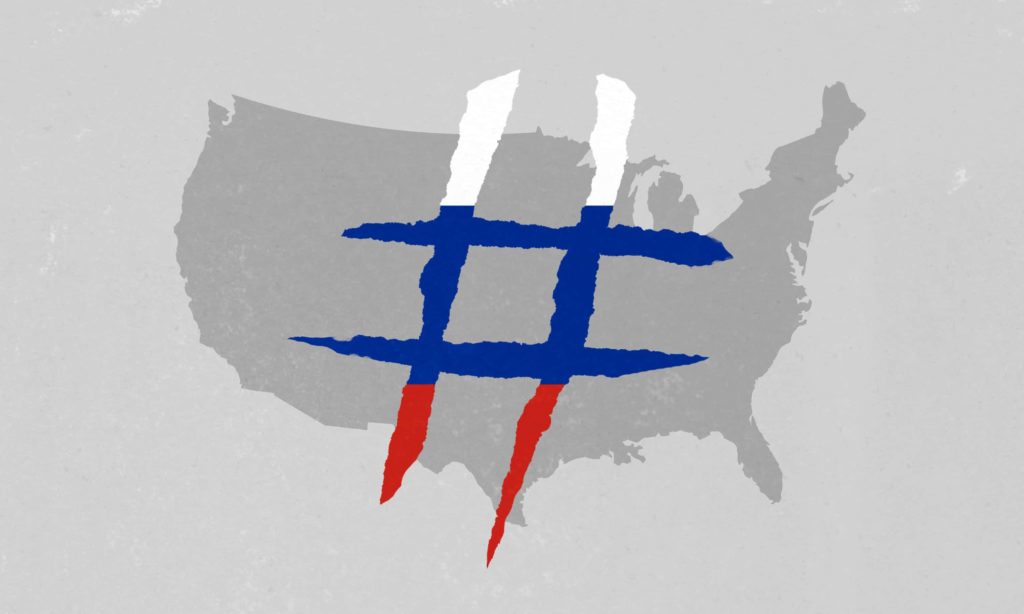
How Russia used social media to divide Americans
How Russia used social media to divide Americans https://csuiteold.c-suitenetwork.com/wp-content/uploads/2017/10/how-russia-used-social-media-to-divide-americans-1024x614.jpg 1024 614 C-Suite Network https://csuiteold.c-suitenetwork.com/wp-content/uploads/2017/10/how-russia-used-social-media-to-divide-americans-1024x614.jpg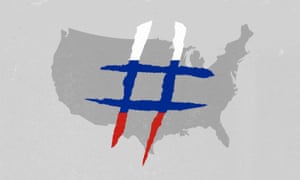
For the past year, the world has reeled at escalating reports of how Russia “hacked” the 2016 US presidential election, by stealing emails from the Democrats, attacking voter registration lists and voting machines, and running a social media shell game.
Such is the focus on Russian meddling that US congressional investigators are increasingly aggressive in asking the big tech companies to account for how their platforms became the staging grounds for an attack on American democracy. And early next month that scrutiny will intensify, with executives from Facebook, Google and Twitter all formally invited to appear before the House intelligence committee on Capitol Hill in Washington.
What has now been made clear is that Russian trolls and automated bots not only promoted explicitly pro-Donald Trump messaging, but also used social media to sow social divisions in America by stoking disagreement and division around a plethora of controversial topics such as immigration and Islamophobia.
And, even more pertinently, it’s clear that these interventions are continuing now as Russian agents stoke division around such recent topics as white supremacist marches and NFL players taking a knee to protest police violence.
The overarching goal, during the election and now, analysts say, is to expand and exploit divisions, attacking the American social fabric where it is most vulnerable, along lines of race, gender, class and creed.
“The broader Russian strategy is pretty clearly about destabilizing the country by focusing on and amplifying existing divisions, rather than supporting any one political party,” said Jonathon Morgan, a former state department adviser on digital responses to terrorism whose company, New Knowledge, analyzes the manipulation of public discourse.
“I think it absolutely continues.”
In the last month – mostly through vigorous reporting and academic research – we have also learned that the impact of Russia’s Facebook infiltration was far more widespread than Mark Zuckerberg claimed when Barack Obama pulled him aside at a conference in Peru last November to inform the young titan he had a problem on his hands. As more evidence emerges revealing the extent of the Russian web invasion, it is clear that its footprint is far larger than the tech giants have ever conceded.
On Facebook alone, Russia-linked imposters had hundreds of millions of interactions with potential American voters who believed they were interacting with fellow Americans, according to an estimate by Jonathan Albright of Columbia University’s Tow Center for Digital Journalism, who broke the story wide open with the publication of a trove of searchable data earlier this month.
Those interactions may have reinforced the voters’ political views, or helped to mold them, thanks to the imposter accounts’ techniques of echoing shrill views and presenting seemingly sympathetic views with counterintuitive, politically leading twists.
During the election, for example, an imposter Facebook page called “Being Patriotic” used hot-button words such as “illegal”, “country” and “American” and phrases such as “illegal alien”, ″Sharia law” and “welfare state”, according to an analysis of Albright’s data by the Associated Press. The page racked up at…



